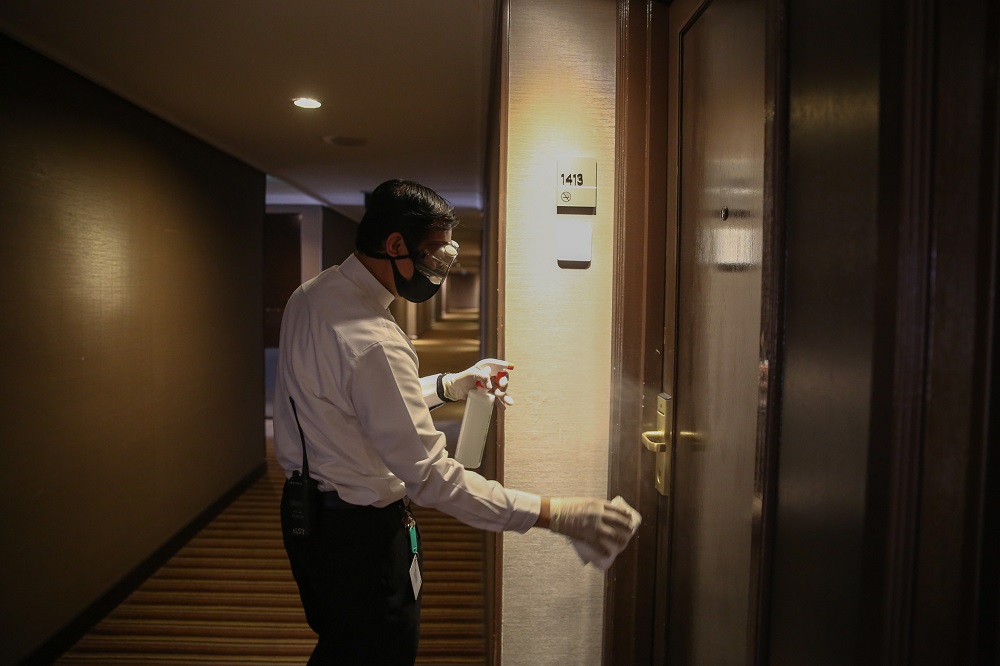KUALA LUMPUR, June 25 — After more than a year of the Covid-19 pandemic, it was reported today that Malaysia’s hard-hit hospitality industry has seen at least 120 hotels ceasing operations either temporarily or permanently.
Chief executive officer of the Malaysian Association of Hotels (MAH), Yap Lip Seng, revealed to Malay daily Sinar Harian that following the closure of 100 hotels last year, 20 more have suffered the same fate this year due to heavy monetary losses.
He said in total, the hospitality industry has now lost over RM11.3 billion.
“The hospitality sector is among the worst affected and there is still no sign of a full recovery.
“We found that about 100 hotels have closed since last year, and this year, 20 more hotels have followed suit. These involve both temporary and permanent closures,” Yap was quoted as saying by Sinar Harian.
Without disclosing the names of hotels that have shut their doors, Yap also said that the losses accumulated by the hospitality industry are expected to be worse than last year, due to the intrastate and interstate travel ban under the movement control order (MCO) that has been enforced for more than half a year.
He said the hospitality sector suffered losses of more than RM6.3 billion last year alone.
“Unfortunately, for this year, the loss of revenue in the hospitality industry has reached RM5 billion as we are now in a total lockdown period,” he said.
He added that since March 2020, the tourism and hospitality industries have lost more than 80 per cent of their income, even though domestic tourism was allowed between June and September last year.
Meanwhile, commenting on the implementation of the total lockdown, Yap acknowledged that the move was necessary not only to break the chain of Covid-19 infections in the community, but also to ensure the long-term sustainability of the tourism and hospitality sectors.
“However, with the Covid-19 pandemic still showing no signs of subsiding, the hospitality sector is in urgent need of assistance from the government to avoid more closures,” he said.
According to Yap, the survival of 3.6 million people involved in the embattled tourism and hospitality industry was now at stake.



















